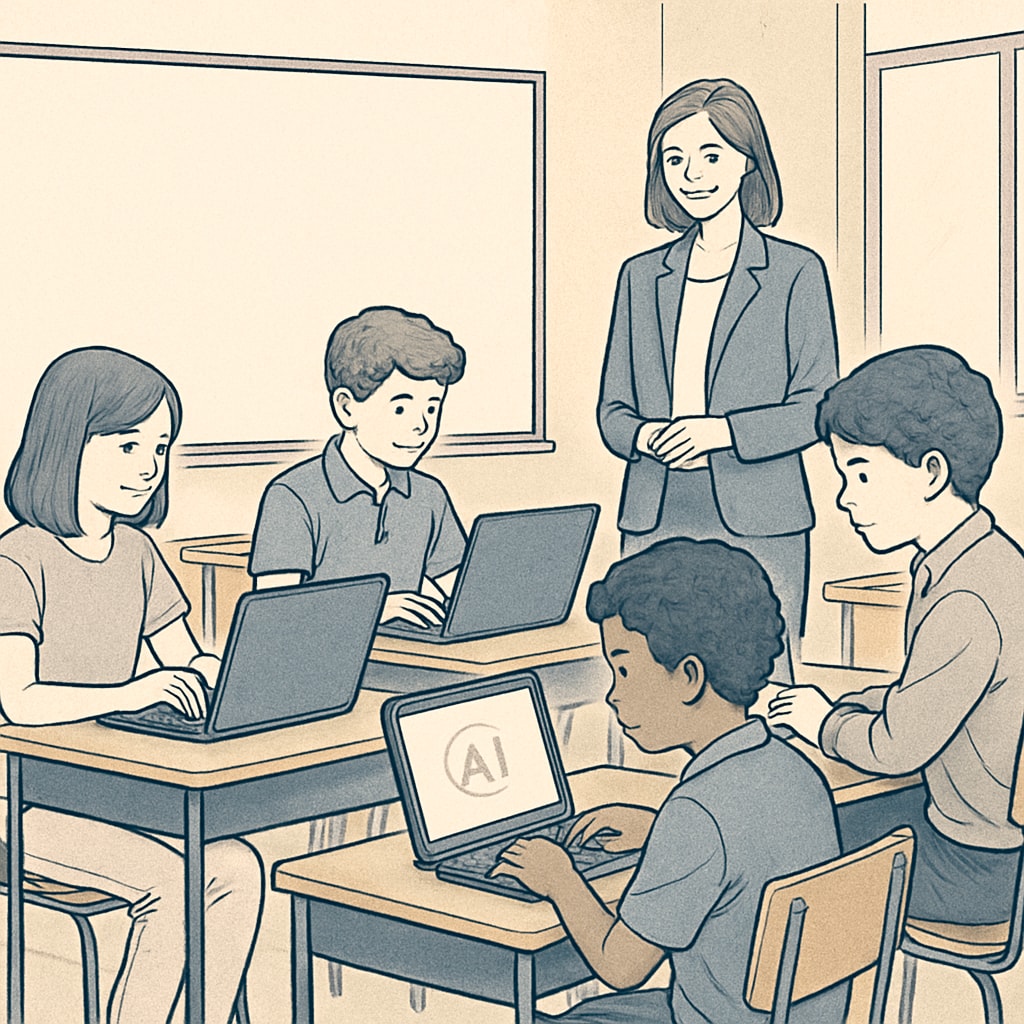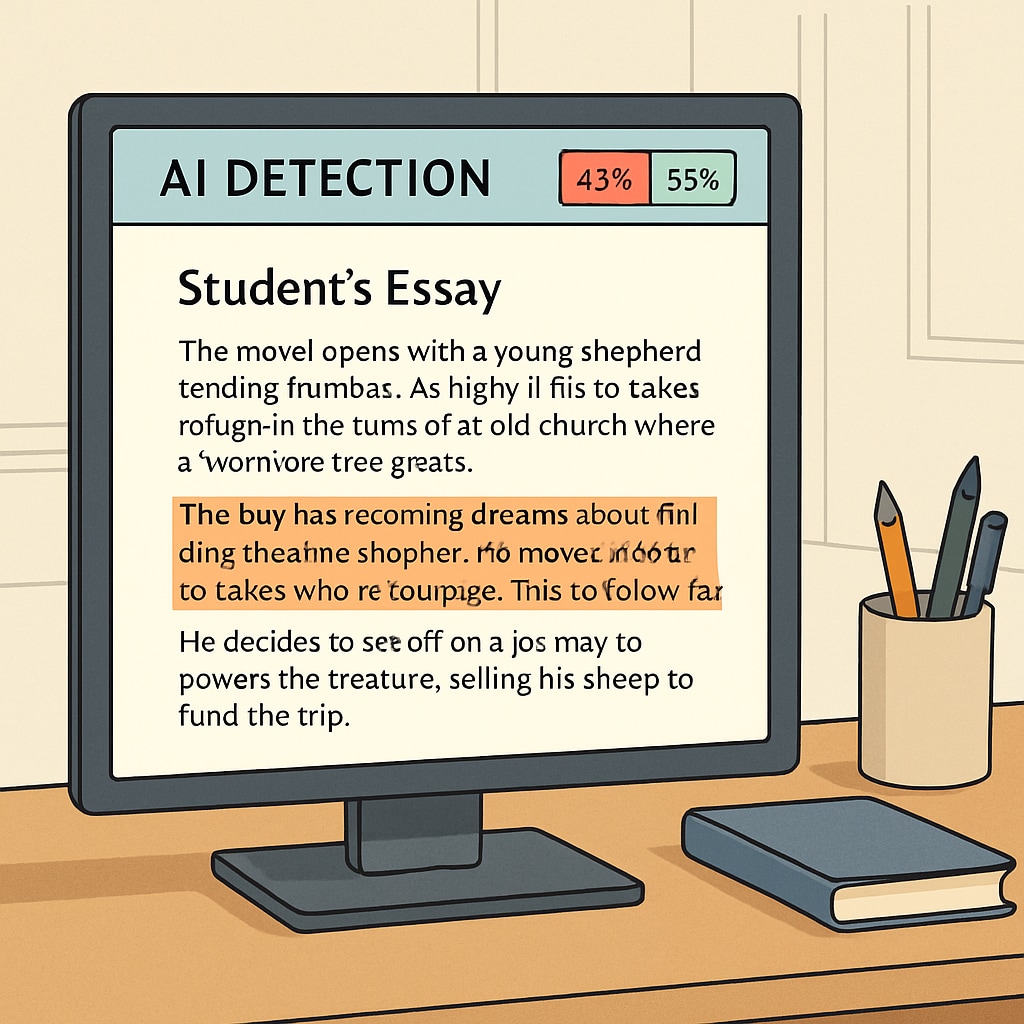The integration of AI tools in education has sparked significant ethical debates, particularly in K12 schools, where academic integrity is a cornerstone of learning. The challenges surrounding AI assignment detection, academic integrity, and the costs of implementing educational technology are becoming more pressing as students increasingly rely on AI to complete homework and assignments. Educational institutions now face a complex balancing act: fostering innovation while maintaining fairness and ethical standards in the classroom.
Understanding the Growing Role of AI Tools in K12 Education
AI tools, ranging from grammar checkers to advanced generative AI systems like ChatGPT, are revolutionizing how students approach learning. These tools can provide instant feedback, suggest improvements, and even generate entire essays, raising concerns about their potential misuse. While they offer immense educational benefits, their unregulated use can undermine academic integrity, making it difficult for educators to discern between a student’s original work and AI-generated content.
For instance, students may use AI tools to generate essays or solve math problems without fully understanding the underlying concepts. This not only hampers their learning but also poses significant ethical dilemmas for educators. Schools are now exploring AI assignment detection systems to address these concerns, but this solution comes with its own set of challenges.

The Challenges of AI Assignment Detection
AI assignment detection tools aim to identify content generated by AI, helping educators maintain academic integrity. However, these systems are not foolproof. They often struggle with accuracy, leading to false positives or negatives. This can unfairly penalize students who have completed their work independently or overlook instances of AI misuse.
Moreover, the implementation of these tools involves significant educational costs. Schools must invest in expensive software, train staff to use it effectively, and ensure it aligns with privacy regulations. For smaller or underfunded schools, these costs can be prohibitive, creating an unequal playing field across educational institutions.
In addition, there are ethical concerns about the surveillance-like nature of AI detection tools. Constantly monitoring students’ work can create an atmosphere of distrust, potentially harming the teacher-student relationship.

Balancing Innovation with Academic Integrity
To address these challenges, K12 schools must adopt a balanced approach that promotes innovation while safeguarding academic integrity. Here are some practical strategies:
- Transparent Policies: Clearly communicate to students and parents the acceptable use of AI tools and the consequences of misuse.
- Ethical AI Integration: Incorporate lessons on the ethical use of AI technologies into the curriculum to foster responsible usage.
- Blended Assessment Methods: Combine traditional assessments, like in-person tests, with digital assignments to ensure a comprehensive evaluation of student learning.
- Cost Management: Seek affordable or open-source AI detection tools to minimize financial burdens on schools.
By implementing these strategies, schools can create an educational environment that values integrity without stifling technological advancement.
Looking Ahead: Building a Responsible AI Education Ecosystem
As AI continues to evolve, its role in education will only grow. To navigate this changing landscape, stakeholders—including educators, policymakers, and tech developers—must collaborate to establish clear guidelines and ethical standards for AI usage in schools. This includes creating equitable access to AI technologies, ensuring data privacy, and fostering a culture of academic honesty.
Ultimately, the goal should be to leverage AI as a tool for enhancing learning rather than replacing it. By prioritizing ethics and integrity, K12 education systems can prepare students not only for academic success but also for responsible participation in a technology-driven world.
Readability guidance: This article uses short paragraphs, logical transitions, and a blend of narrative and list formats to ensure clarity. Overuse of passive voice and long sentences has been avoided to maintain readability.


